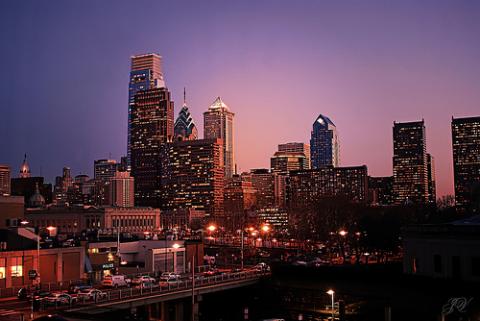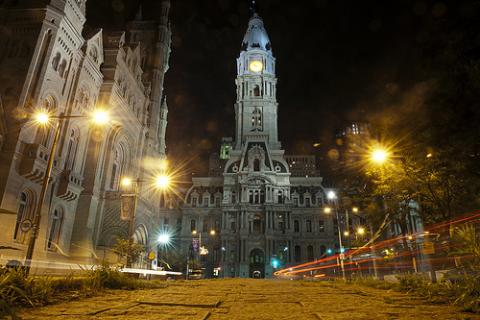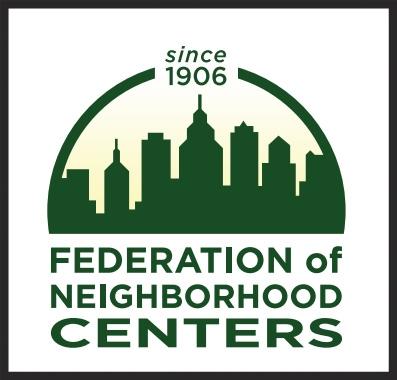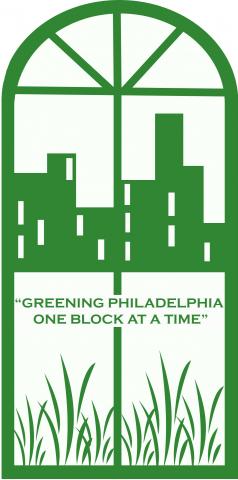Updated June 2018
Founded in 1682 to serve as the capital of the colony of Pennsylvania, Philadelphia quickly gained prominence as its central location made it a natural meeting point for America’s revolutionaries. The city’s growth continued through the 19th century as its position as a railroad hub and immigrant port helped it become a major industrial center. Between 1890 and 1950, Philadelphia’s population doubled from 1 million to 2 million residents.
Similar to other industrial cities, Philadelphia’s population began to decline, starting in the 1950s, as a result of suburbanization and deindustrialization. Aiming to reverse that trend, the City has strived to promote downtown redevelopment over the past two decades, particularly in the City Center and University City neighborhoods. In 2007, Philadelphia’s population again began to increase, and since then, has experienced annual growth.
Today, with nearly 1,581,000 residents, Philadelphia is the nation’s 6th largest city. According to the most recent census estimates, Philadelphia is 42 percent black, 36 percent white, 13 percent Hispanic, and 7 percent Asian. It is home to the nation’s second largest Irish, Italian, and Polish communities and the nation’s third largest African American community.
Despite the City’s success in revitalizing various neighborhoods, poverty has remained a core challenge. Philadelphia’s current poverty rate is 26 percent, which is roughly equivalent to the rate a decade ago and double the current rate of both the nation (12.7 percent) and the larger Philadelphia Metropolitan Area (12.9 percent). With more than one in four residents facing poverty, Philadelphia ranks as the poorest of the 10 most populated U.S. cities. Children fare even worse, with nearly 1 out of every 2.5 Philadelphian children living below the poverty line.
Working to address Philadelphia’s longstanding urban challenges are a range of community wealth building organizations and initiatives such PIDC Community Capital. Aiming to provide capital and technical support to small, growing businesses in disinvested neighborhoods, the CDFI made 75 business loans and invested over $15 million in low-income communities in 2016. City government is also playing an active role in tackling the city’s socioeconomic problems through a range of efforts, including the creation of 12 financial empowerment centers, which offer free, one-on-one professional financial counseling in multiple languages to all Philadelphia residents, and its innovative Green City, Clean Waters program, which is credited with greening nearly 840 acres of land while creating 430 new jobs and spurring $51 million in grant investments into local parks, streets, schools, and public housing.
Many of Philadelphia’s anchor institutions are also playing an integral role in boosting the quality of life for all city residents. One exemplary organization is the University of Pennsylvania, which not only annually procures over $100 million of goods/services from local vendors but also runs the Netter Center for Community Partnerships to foster community-oriented, real-world problem solving.
An overview of exemplary community wealth building efforts follows:



